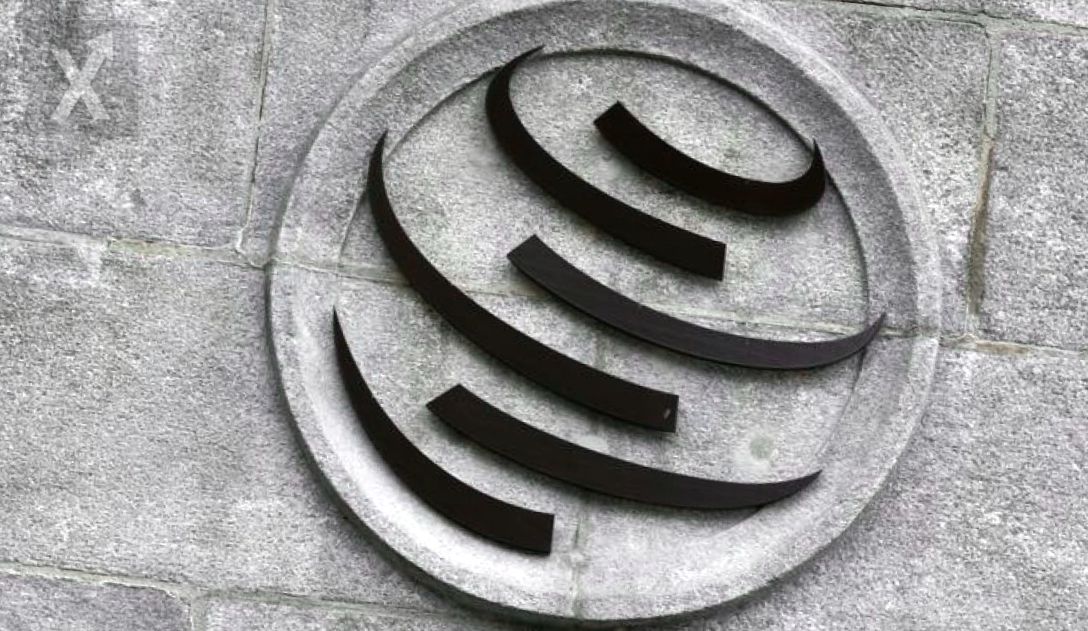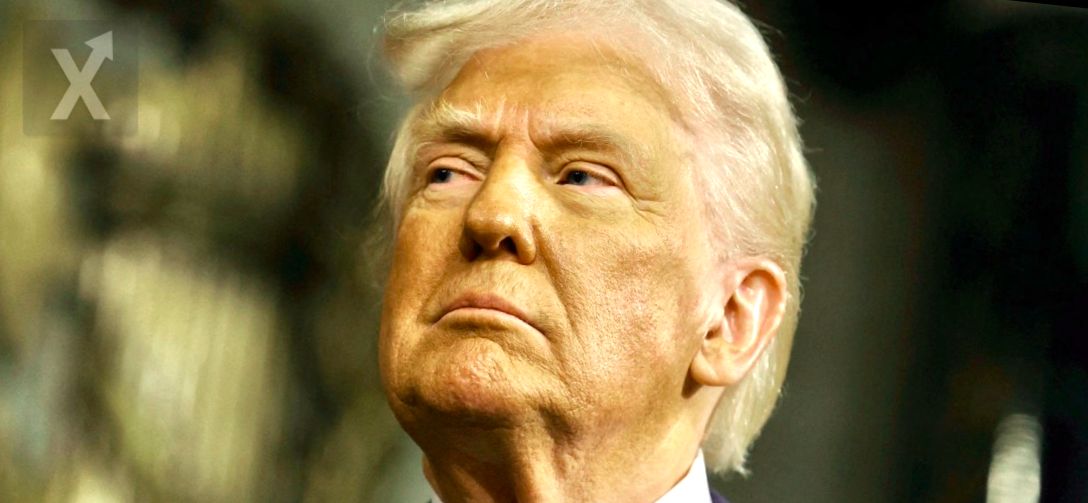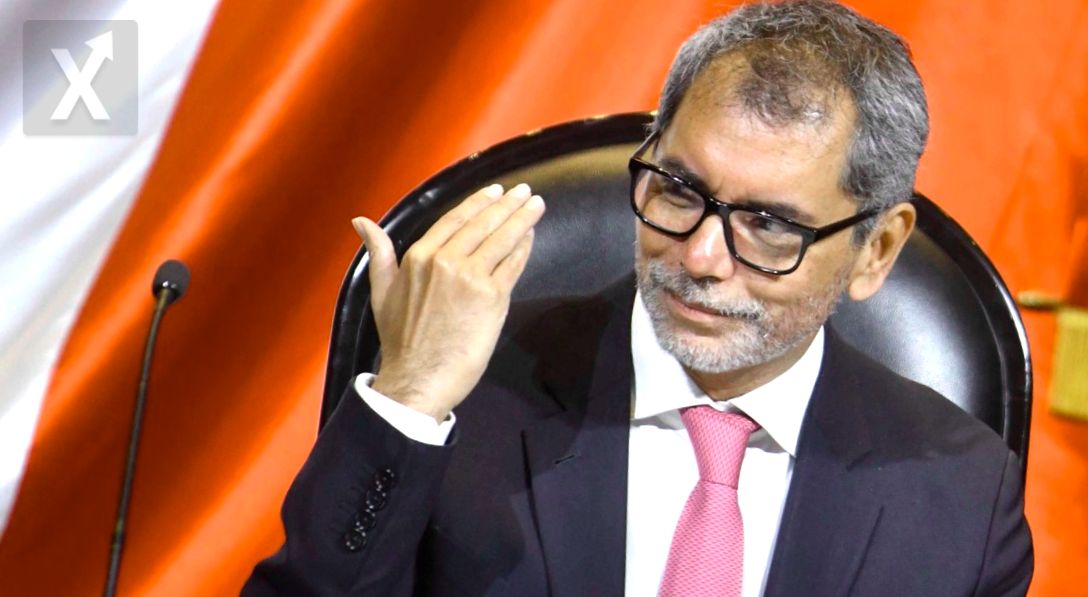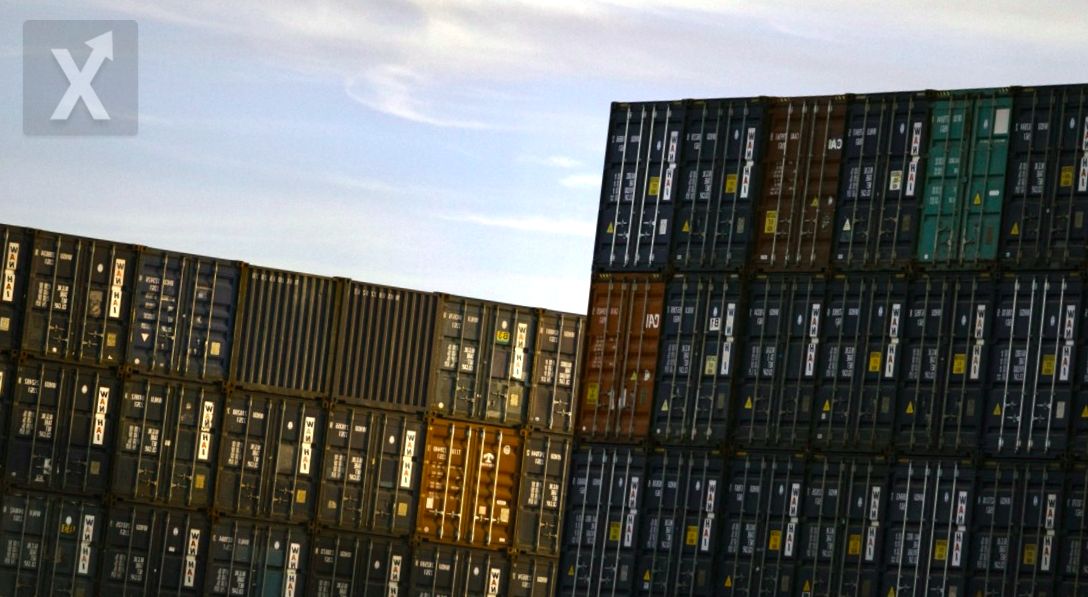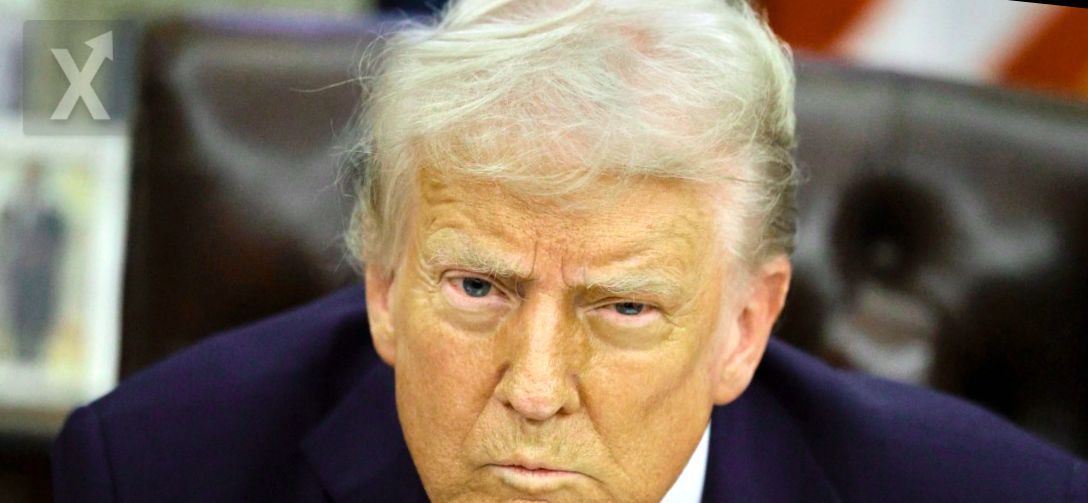The Economic Consequences of Migration in the United States Outweigh Tariffs

According to Mabrouk Chetouane, the global market strategy director at Natixis, President Donald Trump's immigration policy will have a more negative impact on the U.S. economy than the implementation of tariffs on imports. During a press conference, Chetouane noted that both inflation and economic growth in the country will be affected.
Immigration policies and tariff rates will lead to an increase in inflation, while also slowing down economic growth, which goes against Trump's intentions. "This migration approach poses a significant risk to the United States, as the labor force will decrease substantially. The negative impact is permanent," emphasized Chetouane. If 1.3 million migrants are deported, it could result in a 1% drop in the Gross Domestic Product (GDP). If the number of deportations rises to 8.3 million, the GDP could potentially be affected by up to 8%, pointed out Mauricio Giordano, the director of Natixis in Mexico. The exit of workers will also have repercussions on price increases, as "an imbalance between labor supply and demand will inevitably lead to more inflation," Chetouane added.
It is worth mentioning that migrants fill jobs in sectors such as agriculture and services, so Chetouane suggested that “the best way to motivate the local population to work in those areas is by raising wages.” Regarding the effects of tariffs, it was acknowledged that they will also cause price increases, but this rise would be temporary. According to Chetouane, their implementation will occur gradually to minimize drastic economic impact. “If a shock occurs due to the rise in tariffs, that could be mitigated through the exchange rate,” he pointed out.
With respect to Trump’s intention to boost consumption of products made in the United States, Natixis executives expressed doubts about the feasibility of such a plan, arguing that “the U.S. cannot manufacture all the products it needs. If it tries to do so, inflation could escalate very aggressively,” warned Chetouane. They also agreed that imposing tariffs is a strategy by Trump to pressure other countries into renegotiating trade agreements, including those with trading partners.
Regarding the proposal to cut taxes that Trump is promoting, Chetouane added that this will lead to an increase in the fiscal deficit in the United States. If the corporate tax rate is reduced from 21% to 15%, it is expected that the deficit could grow by up to 8%, raising concerns in the markets, especially in fixed-income securities.
The interaction between immigration policy and the economy is extremely complex. It not only affects GDP growth, but also impacts the cost of living through inflation. The key to sustainable economic development lies in finding an appropriate balance between regulating the labor market and stimulating consumption, without neglecting the social welfare that migrants represent in the U.S. economy.

